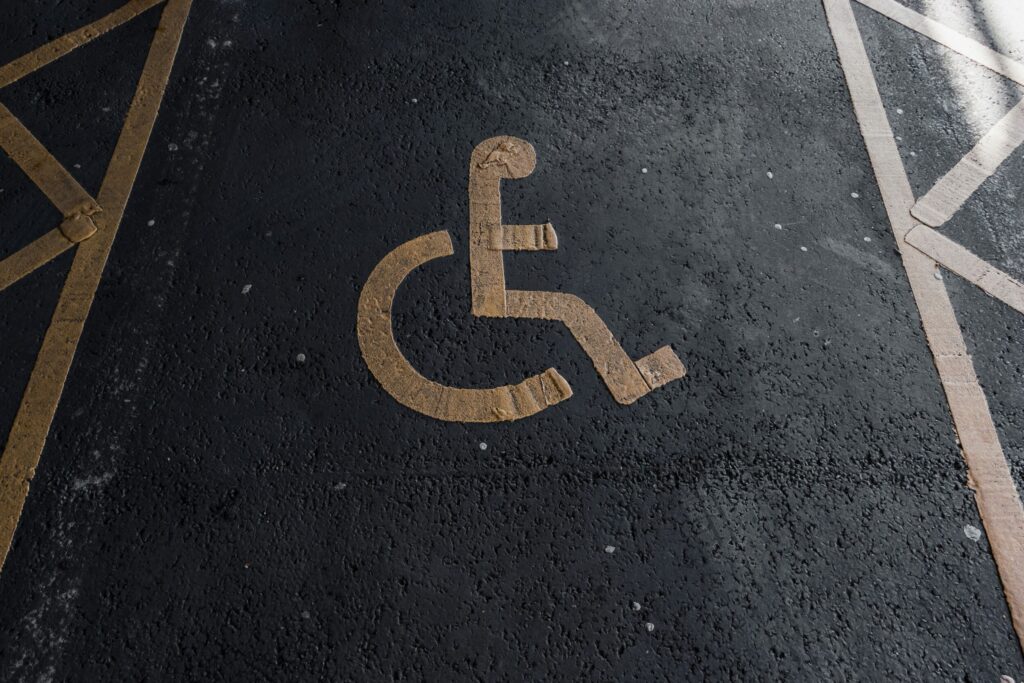Going through a separation or divorce is never an easy occurrence between two people. This day is never assumed to happen especially when beginning a family. While there are couples who leave a marriage on better terms than time spent in it, this is most likely not the case. Children caught in the middle of a custody battle experience the most pain and might begin behavioral and mental health issues. Discussing the situation with a legal advisor and mental health professional can clear up any concerns you may have regarding your case and most importantly, the well-being of your children. Here are some things you need to know about child custody laws and child safety.
Every state has its own statutes and regulations for child custody laws. There are different types of custody which can affect the divorce or separation case. However, one theme is present in them all: What is the best interest for the child(ren) involved. This may include where the child is going to school, religious upbringing, and which adult the minor is living with the majority of the time. Whatever the concerns, if you and your significant aren’t coming to any kind of agreement, it may be time to ask a knowledgeable legal professional who specializes in family and divorce cases.
Your lawyer will sit down with you alone to discuss the reasons why you are splitting and what the plan is in the case of your child. Other legal professionals such as a mediator can be hired. They can be used in addition to or instead of separate lawyers to impartially iron out what both parents talked about and agreed to regard custody. Each spouse might require their personal legal counsel for example if there are disagreements about their shared property such as a house or a boat. A mediator’s job is to be Switzerland in the room (AKA to make sure everything works out smoothly) to the agreed advantage of all parties minus the back and forth in a courtroom. Amicable communications regarding custody can help reduce anxiety for the kids and maintaining a healthier and more stable life.
One vital aspect your lawyer may ask of both parents is to create a parenting plan. One of the basics of child custody, this plan benefits all parties to put in place a fair and stressless schedule for both parents and children. The court listens to what the child(ren) also wish for when considering where they should reside during custody cases. For example, even if both parents are deemed fit, children may want to live with their mom the majority of the time. Joint custody is shared equal time with one parent designated as the primary (the main parent the child lives with) but both parents agreed to it. When one parent begins to fail to show up to planned visits, continuously cancels, and refuses to pay for child support, the argument can be taken to court. Unfortunately, separations or divorces can be unpleasant for everyone involved. Children can often be used between parents to get back at each other or for other gains such as financial support. There can be mental and physical risks of depression, academic problems, drug use, ailments like head or stomach aches, and anxiety.
Besides a legal team, one or both parents may want to engage in mental health support for the family. School counselors and teachers should be notified about any stressful situations surrounding the divorce and your child. Some mental health and legal professionals have dual degrees such as developmental and social psychologists. Many colleges offer online counseling psychology degree options for those looking to major or continue their education in the growing psychology-law field. Understanding these blended disciplines together can help look into the thinking and actions of children of fractured families. With such knowledge, professionals can learn to become better equipped to emotionally guide kids through all types of family issues, including stressful divorces.












